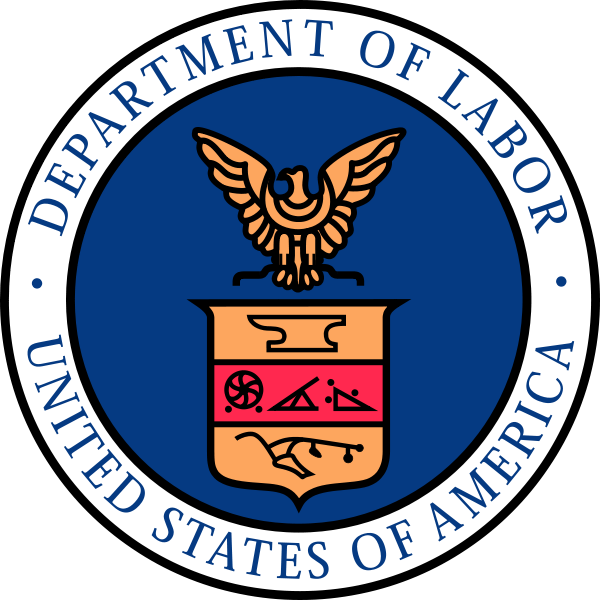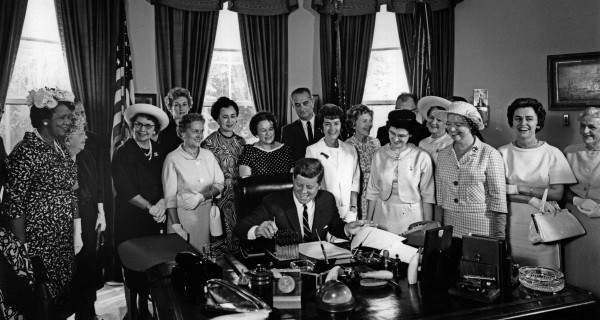Poster Rule Postponed
A recent National Labor Relations Board (NLRB) rule requiring private employers to display a poster describing employee’s right to unionize has been postponed indefinitely. The new rule, previously slated to come into effect April 30 of this year, faced strong opposition from business groups. These groups alleged that the NLRB had overstepped its bounds in attempting the institute the new regulation, that the rule served to create a new unfair labor practice beyond what was intended when Congress passed the National Labor Relations Act (NLRA), and that the regulation infringed upon employers right to free speech. Corporate interests additionally contended that the NLRB failed to perform satisfactory evaluation of the effects this new rule will have on small businesses. The NLRB refutes these claims, maintaining that the rule falls within the scope of the mandate Congress provided them under the NLRA.
Federal courts in both the District of Columbia and South Carolina examined the issue, each providing rulings which have delayed the poster rule’s promulgation. The U.S. District Court for the District of Columbia determined that while the NLRB was within its authority to create the new rule, classifying failure to display the poster as an unfair labor practice was a violation of the NLRA. South Carolina’s district court went a step further by deeming the NLRB’s attempt to institute the poster rule as an overreach of the directive provided by the NLRA. The South Carolina court clarified its belief that Congress intended the NLRB to serve in a reactionary role, stepping in to regulate only after a representation petition had been filed or there had been a charge of an unfair labor practice.
As it stands, there is no time line for the rule to come into effect. The NLRB plans to appeal the decisions from both the South Carolina and D.C. courts, however the appeals process is likely to take some time. For now, the issue remains unresolved, and the posters need not be displayed in places of employment.
Smoking Discrimination?
The Michigan company Weyco made headlines in 2003 by refusing to hire smokers, banning smoking on the premises, and then requiring all employees take random blood and urine tests for nicotine which if failed would result in termination. Weyco received a great deal of publicity and criticism for its new policy, but no law prevented them from firing employees who smoked. While this policy may seem attractive to some employers due to the ever rising cost of healthcare, it would not be permitted in NH. New Hampshire law makes it illegal for, "an employee to require as a condition of employment that any employee or applicant abstain from using tobacco products outside the course of employment, as long as the employee complies with any workplace policy." New Hampshire has laws that regulate workplace smoking, but also has the anti-discrimination law.
DOL Safety forms
Safety Summary Forms must be filed biennially by businesses with 10 or more employees. If you have filed in 2008, you will need to file for 2010 Safety Summary Form To see if you already filed, enter your Federal Id #, email address and year of submission. Safety Summary Form If you have any questions, email the Department of Labor at Safety. Those who file electronically should keep the NH Department of Labor updated concerning changes in the contact person s email address as well as any other pertinent information. You can receive updates and messages such as this by subscribing to the New Hampshire Department of Labor's Email Alerts www.labor.state.nh.us/email_alerts.asp

















